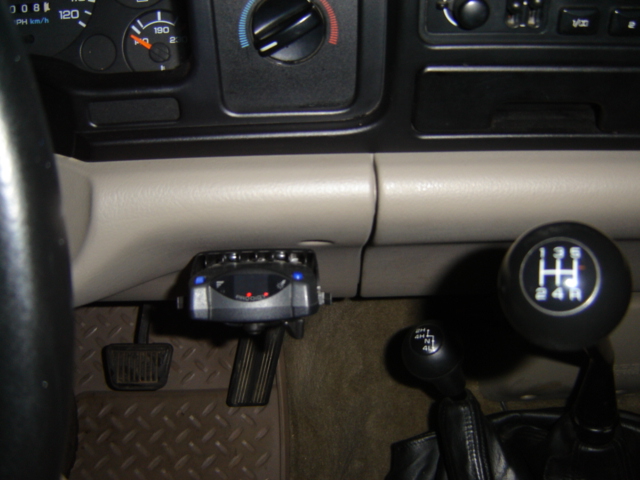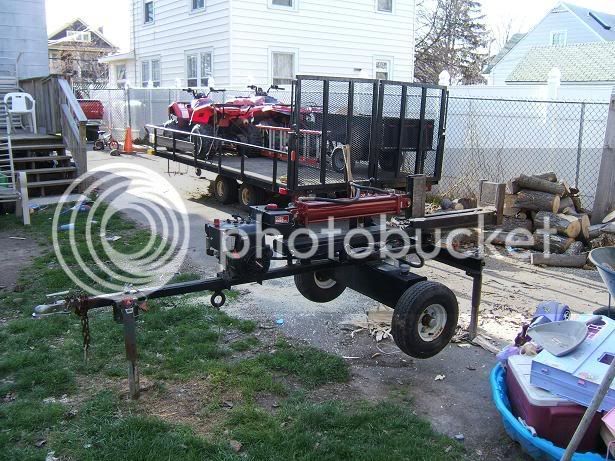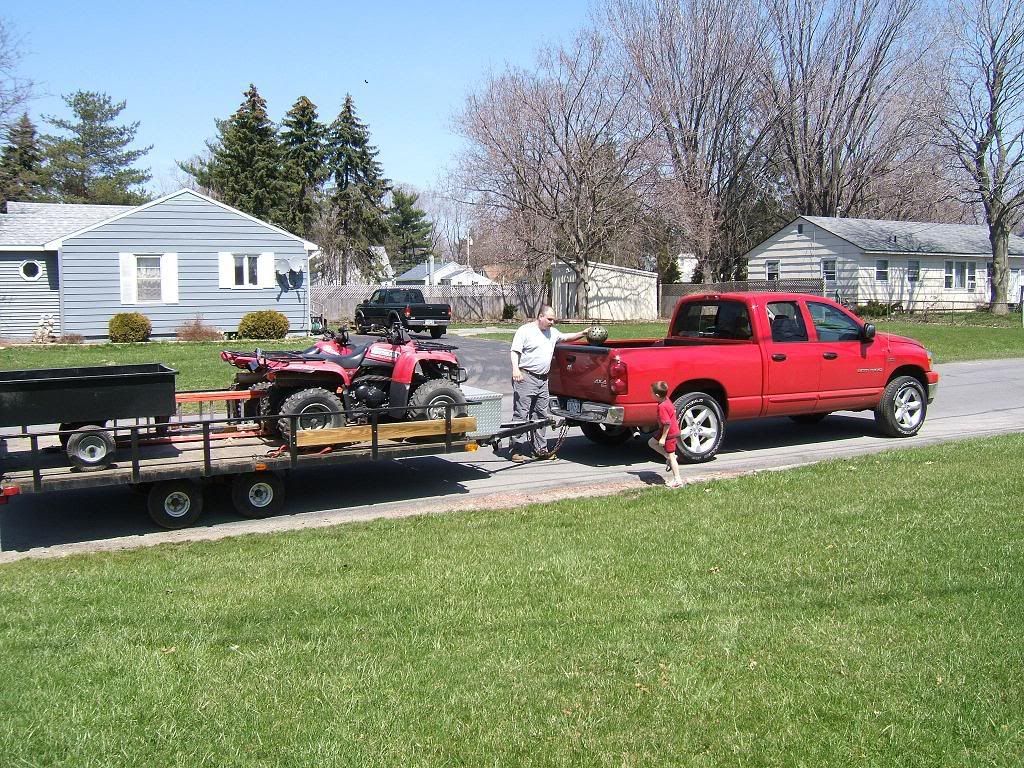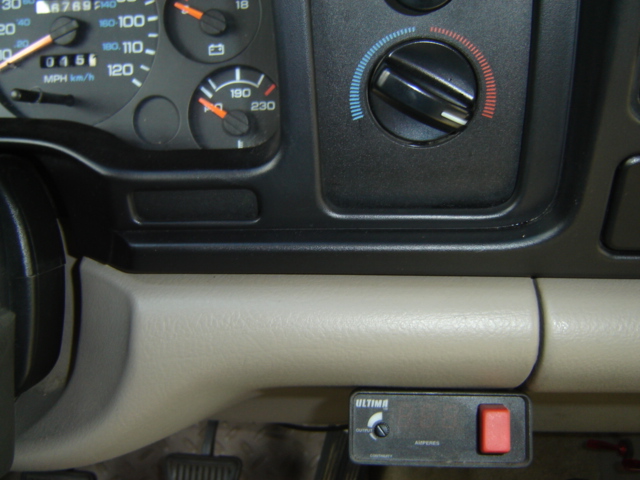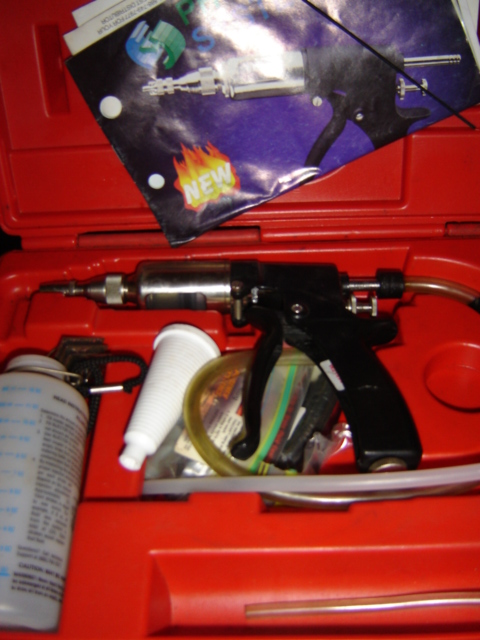a true proportional brake controller is best.
prodigy while being an excellent controller is still inertia controlled. I find it strange prodigy's brochures claim it's a proportional controller.
only aware of two types of proportional controllers.
first is a hydraulic controller based upon feedback from sensor teed into hydraulic lines. several mfg offer hydraulic controllers... a PITA to install, typically $500+
second type of proportional controller uses brake pedal linkage movement to give feedback to sensor. (Ultima $120, not currently available) if your hydraulic brakes ever should go out while pulling a trailer. Ultima would still work.
Non proportional systems just plain suck. They either apply the brakes a set amount when you trip the switch, or they start braking lightly and increase current to the brakes the longer you keep the brakes on. A friend of mine spent way too much money on the latter when he put a gooseneck hitch in his F250. I hate driving that thing, and I could have gotten him a Prodigy for less than he spent on the controller.
A proportional controller tries to guess how hard you are stopping and activates the trailer brakes to match. This guess can be based on hydraulic pressure, inertia, or pedal travel. Of the three, pedal travel is the least useful.
To claim a pedal travel system (Jordan) is proportional and an inertial system (Prodigy) is not would be rather silly.





